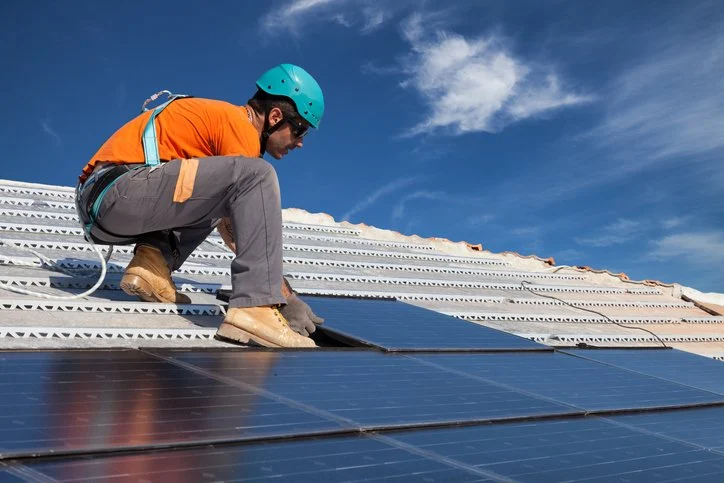When investing in a new roof, understanding the warranties associated with your roofing materials and installation is crucial. Warranties provide homeowners with peace of mind and protection against unexpected issues or defects. However, navigating the complexities of roofing warranties can be challenging. In this blog post, we’ll break down the different types of roofing warranties and provide valuable insights to help you make informed decisions when choosing a warranty for your roof.
Types of Roofing Warranties:
- Manufacturer Warranties: Manufacturer warranties, also known as material warranties, cover defects in the roofing materials themselves. These warranties typically vary in length and coverage, ranging from 20 years to a lifetime. It’s essential to carefully review the terms and conditions of the manufacturer warranty to understand what is covered and any exclusions that may apply.
- Workmanship Warranties: Workmanship warranties, also known as contractor warranties, cover the installation and labor performed by the roofing contractor. These warranties ensure that the installation is done correctly and according to industry standards. Workmanship warranties typically range from 1 to 10 years, depending on the contractor and the scope of the project.
- Extended Warranties: Extended warranties may be offered by manufacturers or contractors to provide additional coverage beyond the standard warranty period. These warranties may include enhanced protection against specific issues, such as wind damage or algae resistance. Extended warranties often require additional fees but can offer valuable peace of mind for homeowners.
Key Considerations When Reviewing Warranties:
- Coverage Limitations: It’s essential to understand the coverage limitations of your warranty, including any exclusions or conditions that may void the warranty. Common exclusions may include improper installation, acts of nature, or neglectful maintenance. Carefully review the warranty documentation to ensure you understand what is covered and what is not.
- Transferability: Some warranties may be transferable to subsequent homeowners if you sell your home. Transferable warranties can add value to your property and provide reassurance to potential buyers. Be sure to check whether the warranty is transferable and any requirements or fees associated with the transfer process.
- Registration Requirements: Many manufacturer warranties require registration within a specified timeframe after installation to activate the warranty coverage. Failure to register your warranty may result in the warranty being voided. Be sure to follow the manufacturer’s registration instructions carefully to ensure your warranty remains valid.
- Professional Installation: Most warranties require that the roofing materials be installed by a licensed and certified contractor. Hiring a reputable roofing contractor with experience and expertise in the industry is essential to ensure that your warranty remains valid. Be sure to ask your contractor about their qualifications and certifications before hiring them for your roofing project.
Conclusion:
Roofing warranties provide valuable protection and peace of mind for homeowners, but understanding the terms and conditions is essential to ensure you receive the full benefits of your warranty coverage. By familiarizing yourself with the different types of warranties, reviewing coverage limitations, and working with a reputable contractor, you can make informed decisions and protect your investment in your new roof. If you have any questions or need assistance with choosing the right warranty for your roofing project, don’t hesitate to contact the experts at Jessica Cecilia Home Improvement for reliable guidance and support.

